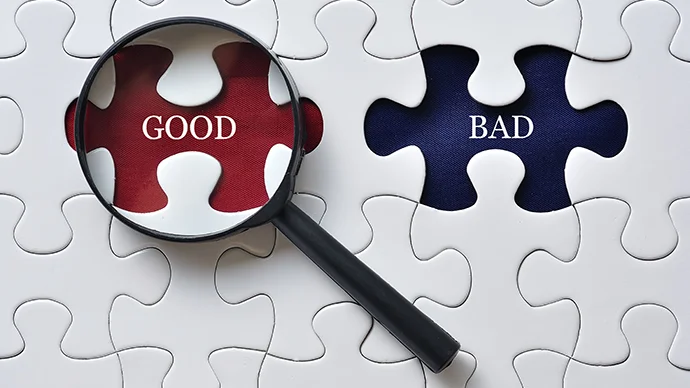
Managing someone else’s money, usually via a power of attorney (POA) document, is a big responsibility. The undertaking is loaded with opportunities to stumble and create legal, financial, and relationship problems. As a fiduciary, you must follow four key rules:
- Always act in your parent’s best interests — ahead of your own interests. Translated to real life: That means don’t use your dad’s money to buy a car to take him to the doctor and then use the car more often for your own errands.
- Manage money and property carefully. Avoid a conflict of interest or even the appearance of a conflict. Translated to real life: Don’t hire your son to mow grandma’s yard for $75 without getting an estimate first from a lawn care company. Then if someone — a judge or a jealous family member — questions you, you can show the more expensive estimate from the lawn care company.
- Keep your money and your parent’s money in separate accounts. Translated to real life: That means don’t put mom’s money into your account just for ease of access to pay her bills. That could create problems in the future if you want to apply for Medicaid and it’s difficult to figure out whose money is whose.
- Maintain good records. You need a paper trail to do a full and fair accounting. Translated to real life: If your mom helped pay for one grandson’s college books, write it down so no one will be surprised when she pays for another grandchild’s books.
Make sure your POA document is complete and covers asset protection authority with the ability to make unlimited gifts, create trusts, take money out of trusts, and terminate trusts. Consult an attorney, preferably a certified eldercare lawyer. A qualified eldercare attorney can help your mom and/or dad legally protect assets to qualify for Medicaid to pay for nursing home care if needed.
Source: cuna.org
Related Articles

Tis the Season to Avoid Online Shopping Rip-offs
Online holiday shoppers, gear up and hunker down. You could fall victim to serious scams unless you know how to distinguish a legitimate site from a rip-off.

Save Energy, Save Money
There are many little things you can do to reduce the amount of energy you use and, as a bonus, you’ll trim your home energy bill.

Good Debt/Bad Debt
Not all debt is necessarily bad, particularly when it can help you build wealth. It’s important to know the difference and how to sort the good from the bad.